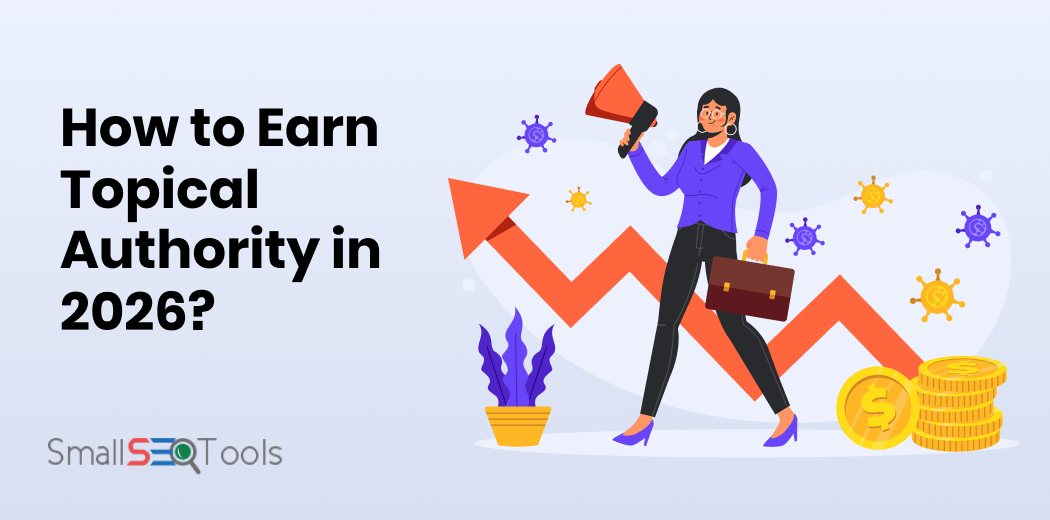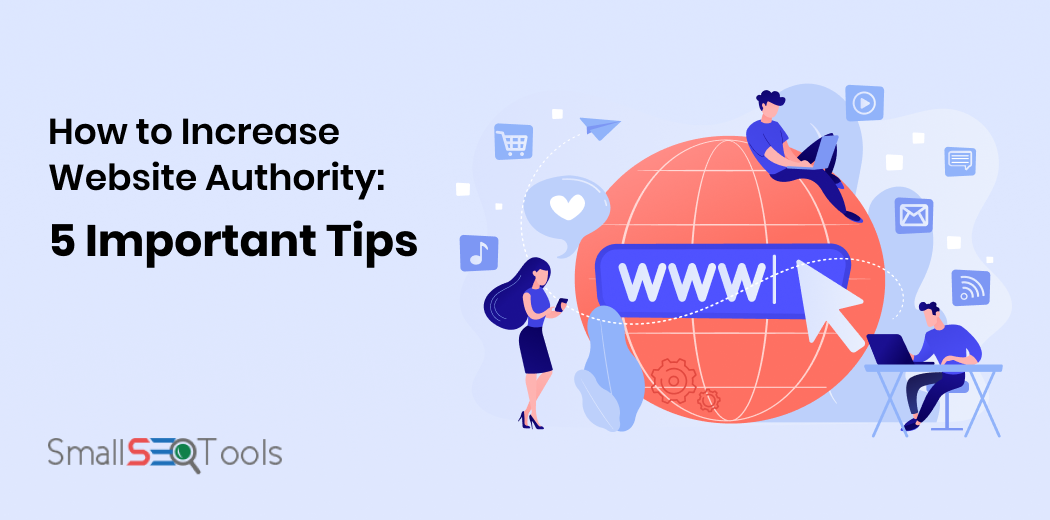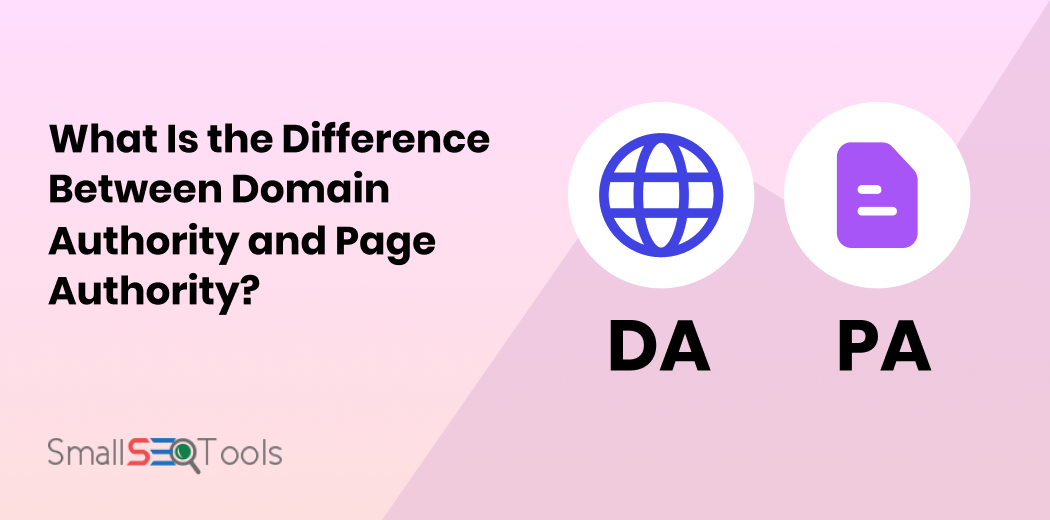How To Do SEO, For Beginners

Whether you’re looking for a career change (that will let you work in your pajamas!) or you just need a better grasp on what you’ve been paying your “web guy” for… the following tips will tell you all you need to know about how to do SEO.
Why It’s Important.
When it comes to marketing a business, there are an abundance of strategies. Nobody said you have to pick just one… in fact they work even better when you don’t keep all your eggs in one basket.
Paid advertising works because it provides targeted brand exposure. (They say that people typically need to see an ad at least 7 times before they will remember the brand.)
You can also reach new customers through networking, press releases, sponsoring community events or programs, and a variety of other marketing strategies. Yet SEO is the strategy that puts you in front of the most qualified audience… those who are searching for your products or services.
With that being said, SEO (which is much easier to say than Search Engine Optimization) is not as easy as paying for the placement you want. Instead, it involves a process where there is no magical formula guaranteeing the results you want. The process itself is as unique as your brand but it helps if you already have a strong sense of branding and marketing so you can bypass poor decisions.
Before You Can Do SEO…
You need to know what your target search phrases are.
The best tools to use for research include Google’s Adwords Keyword Tool, Google Trends and the Small SEO Tools Keyword Position Tool.
As you research, know that Keywords can be broken down into a few different categories:
- Long tail keywords are search phrases containing several words. (“cheap air conditioning repair in San Antonio.”) They are less competitive, more specific, and must be used with caution.
- Short tail keywords are shorter search phrases, typically combining a primary keyword with at least one descriptive phrase to filter out competition. (Example- “ac repair San Antonio”.)*
- Primary keywords are what you will target more directly (“ac repair” and “air conditioning”) and they should already be used naturally throughout your web pages. Your website talks about your products and services, right?
- LSI (much easier to say than Latent Semantic Indexing) keywords are basically alternate keywords that are used just as naturally as your primary keywords, because those words are frequently used in the same context. (Example- “cupcakes” and “bake”)
*Words like “in” and “or” are ignored by search engines, but that doesn’t mean you should leave them out… remember that you are writing for humans, not search engines!
Click here to learn more about how to do a Keyword Research Baseline Report.
How To Do SEO On Your Website
- Go through each individual web page and make sure you are using the right phrases and keywords in the right places. Keyword optimization is not the primary purpose of web content, but it is an important element that should not be overlooked!
- Make sure each web page has optimized meta data. (This may be a custom Title and Description that tells search engines how to display that page in search engine results.) Naturally, the most relevant search phrase should be included in the meta data for each page.
- Make sure all media (images, graphics, videos, etc.) files on each page are also optimized appropriately.
For most small businesses: you have the leading advantage of optimizing for a super targeted niche with demographic filtering, (AKA a local audience). Be sure to include your address and phone number with area code, in text, because this is indexed and will increase your chances of being displayed in results when a local resident is searching for your products or services… even if they did not use any local filter keywords.
How To Do SEO Off Your Website
Building links is another important step of SEO, and it’s one that a lot of people screw up. As long as you don’t try to cut corners or pay for spammy link building services you should be safe. The best way to build backlinks is by:
- Publishing quality articles on your blog and make it easy for subscribers to share your content (via Facebook, Twitter, G+, Pinterest, etc.).
- Write guest blogs on relevant websites. (Another great marketing campaign all on its’ own!)
- Publish newsworthy press releases whenever appropriate, and invest in a reputable service for maximum distribution.
- When you use information from another website, give credit where it’s due. Other websites will be sure to return the favor when they use your website as a resource for information. Note that this will only happen if you are truly publishing quality content.
- Claim your Google Plus page, a Facebook Page, a Twitter account, and all other social media that you’ve been shying away from. It helps!
- Also, claim your listings on all major online directories.
- Answer relevant questions in forums and Q&A sites, including a non-promotional back link to the most appropriate page on your website for more information as it applies to that question.
- Don’t just link to your home page! Publish links to all pages of your website… as well as links to any guest blogs, social media accounts, etc. Look at it like a very complicated web… the more authority you give to any single point the stronger your web will be overall.
How To Do SEO The Right Way…
Don’t make search engine optimization your number one priority. Once established, the smart thing to do is sit back and be patient.
Yes, it may take longer to achieve the a beneficial position in targeted search results… but it is well worth the wait. Instead, continue to focus on growing a successful business. Provide a quality product or service, prioritize above-and-beyond customer service, and over time you will achieve desired results.
If you want search engines to work in your favor, you have to understand that search engines “reward” websites that are going to satisfy the expectations of search engine users. If you put SEO before people, you’ll be fighting a losing battle.











